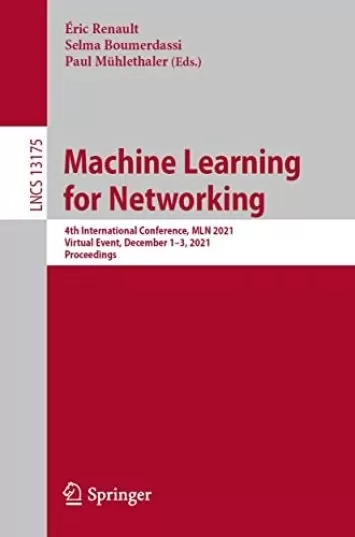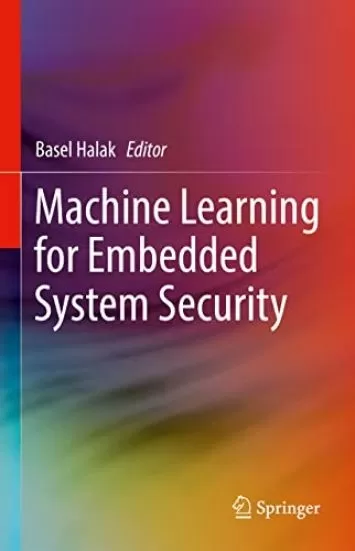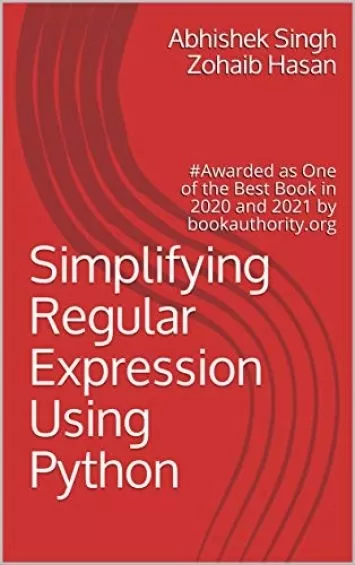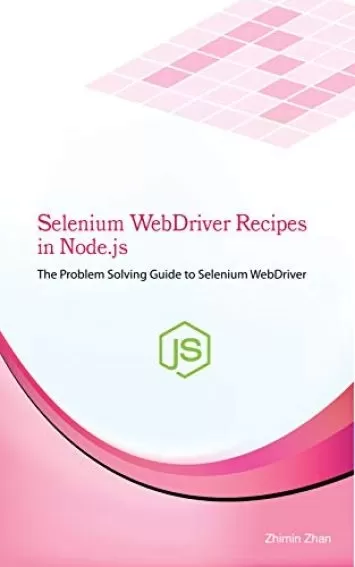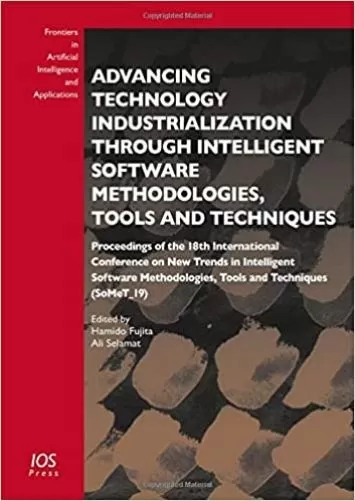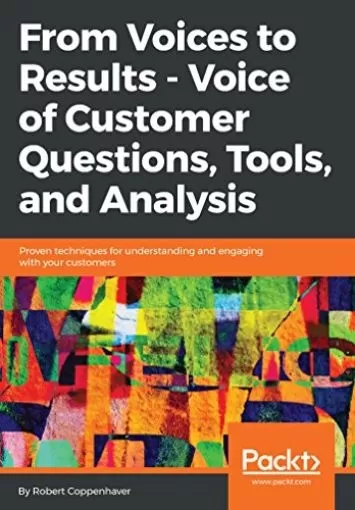
The Machine Learning Solutions Architect Handbook: Create machine learning platforms to run solutions in an enterprise setting
Category
Author
Publication
Packt Publishing
When equipped with a highly scalable machine learning (ML) platform, organizations can quickly scale the delivery of ML products for faster business value realization. There is a huge demand for skilled ML solutions architects in different industries, and this handbook will help you master the design patterns, architectural considerations, and the latest technology insights you'll need to become one.
You'll start by understanding ML fundamentals and how ML can be applied to solve real-world business problems. Once you've explored a few leading problem-solving ML algorithms, this book will help you tackle data management and get the most out of ML libraries such as TensorFlow and PyTorch.
Using open source technology such as Kubernetes/Kubeflow to build a data science environment and ML pipelines will be covered next, before moving on to building an enterprise ML architecture using Amazon Web Services (AWS). You'll also learn about security and governance considerations, advanced ML engineering techniques, and how to apply bias detection, explainability, and privacy in ML model development. And finally, you'll get acquainted with AWS AI services and their applications in real-world use cases.
By the end of this book, you'll be able to design and build an ML platform to support common use cases and architecture patterns like a true professional.
Review
"The Machine Learning Architect role is a delicate balance between breadth and depth; requiring the builder to simultaneously have hands-on knowledge of data science techniques, machine learning algorithms, and engineering requirements; while also having a breadth of industry knowledge, architecture patterns, and tools. In his book, David Ping handles this balance masterfully.
The book is a must-read especially for anyone interested in becoming a practicing ML architect, or for technology leaders interested in accelerating ML adoption in their organization. It covers a sweeping array of topics ranging from MLOps to model governance, all of which are paramount for building a secure ML platform. The book then goes into detailed implementations using AWS tools and technology, leaving the reader with the right knowledge, and tools to start building by themselves."
--Stefan Natu, Principal Product Manager Technical at Amazon
"This book is great for someone with a tech and Python background who wants to grow their career in ML or someone working in the machine learning domain aspiring to better understand the full ML lifecycle. Even if you are new to Python, the theories in the book are worth learning and the Python examples are complete and easy to run. David does a really great job of starting simple in the first section of the book with an explanation of AI and machine learning and different types of ML. From there, he goes into use cases of ML across different sectors. I enjoyed the labs in this portion of the book as a good tech refresher; [...]this section is comprehensive and gives you hands-on experience with automation and integrating many of the technologies you would need in your enterprise ML Platform. I felt this part of the book provides solid guidance covering all the key areas you need to understand to build an ML platform with examples and labs in each area. Overall, I was impressed with the writing throughout the book and the way it shows you the full picture from learning the basics to advanced topics in ML with accompanying labs. For anyone interested in becoming a machine learning solutions architect or looking to build skills for ML projects, this book is a must-read."
--Brett Hollman, Head of AI/ML Specialist Solutions Architecture at AWS
About the Author
- Apply ML methodologies to solve business problems
- Design a practical enterprise ML platform architecture
- Implement MLOps for ML workflow automation
- Build an end-to-end data management architecture using AWS
- Train large-scale ML models and optimize model inference latency
- Create a business application using an AI service and a custom ML model
- Use AWS services to detect data and model bias and explain models
This book is for data scientists, data engineers, cloud architects, and machine learning enthusiasts who want to become machine learning solutions architects. You'll need basic knowledge of the Python programming language, AWS, linear algebra, probability, and networking concepts before you get started with this handbook.
- Machine Learning and Machine Learning Solutions Architecture
- Business Use Cases for Machine Learning
- Machine Learning Algorithms
- Data Management for Machine Learning
- Open Source Machine Learning Libraries
- Kubernetes Container Orchestration Infrastructure Management
- Open Source Machine Learning Platforms
- Building a Data Science Environment Using AWS ML Services
- Building an Enterprise ML Architecture with AWS ML Services
- Advanced ML Engineering
- ML Governance, Bias, Explainability, and Privacy
- Building ML Solutions with AWS AI Services









